Man’s interest in plants in mainly for food and medicines. The history of herbal medicine is as old as human civilization. In the past, almost all the medicines were used from the plants, the plant being man’s only chemist for ages. Drugs are chemical substances, which by interacting with biological systems change their behaviour, which is used for the purpose of diagnosis, prevention, relief or cure of a disease in man or animals. Since his existence on this planet, man has had to depend on nature for substance and survival. He used medicinal plants to keep himself healthy. According to the studies on ethnomedicine and folk medicine about 2000 species are newly identified as drug yielding plants and are well known for their use in about 4000 drug industries of various Indian system of medicine. Phytochemical examination of a number of them has been carried out and active ingredients isolated, identified are being currently used as drugs. Drugs such as aspirin, codeine, pitocarpine, quinine, reserpine, sceopolamine, theophylline, vinblastine and taxol are but a handful that had come from ethnobotanical findings. Chemical examination of hitherto unexplored medicinal plants will help in discovering new drugs.
Ethnomedicine and Human Welfare (Volume I)
$38.70
$43.00
In stock
Free & Quick Delivery Worldwide
All orders amounting to US$ 50 or more qualify for Free Delivery Worldwide. For orders less than US$ 50, we offer Standard Delivery at $14 per book.
ABOUT THE AUTHOR Atiya Khanum
Dr. Atiya Khanum obtained her M.Sc. and Ph.D. in Botany from the Osmania University, Hyderabad. Dr. Khanum has worked on the ecology of two lakes of Hyderabad with special reference eto Planktonic and Mat-forming algal communities. She is Associate Professor and Head of the P.G. Department of Botany. Nawab Shah Alam Khan Centre for Post Graduate Studies and Research (Affiiated to the Osmania University), Anwarul Uloom College Campus, Mallepally, Hyderabad. She teaches Ecology, Environmental Biology and Phytogeography to the Post Graduate students at this center. She has published 34 research articles in reputed journals. Dr. Khanum has also co-authored three text books and co-edited nineteen reference books with her husband, Dr. Irfan Ali Khan.
ABOUT THE AUTHOR Irfan Ali Khan
Dr. Irfan Ali Khan obtained his M.Sc. from the Alilgarh Muslim University and Ph.D. in Botany from the Osmania University, Hyderabad, specializing in Genetics and Plant Breeding Dr.Khan is the Director of Nawab Shah Alam Khan Centre for Post graduate Studies and Research (Affiliated to the Osmania University), Anwarul Uloom College Campus, Mallepally, Hyderabad. He teaches Post Graduate students and guides research scholars at this center. He has publsiehd 135 research papers in the reputed National and International Journals and is now panel of experts on mungbean for all countries of the South-East Asia and the Middle East. His name has been included in the Directory of contribution of Muslim Plant Scientists in India. Dr. Khan has been the editor of "frontiers in Plant Science", has edited twenty six reference books and has co-authored three text books with his wife, Dr. Atiya Khanum. He is a Fellow of the Indian Society of Genetics (F.I.s.G.).
reviews
0 in total
Review by Anonymous
Be the first to review “Ethnomedicine and Human Welfare (Volume I)” Cancel reply
You must be logged in to post a review.
Bibliographic information
Title
Ethnomedicine and Human Welfare (Volume I)
Author
Edition
1st ed.
Publisher
ISBN
8188279153
Length
viii+318p., Figures; Tables; Plates; References; 25cm.
Subjects

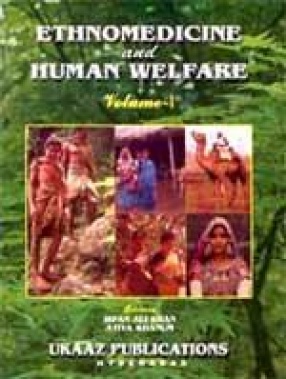
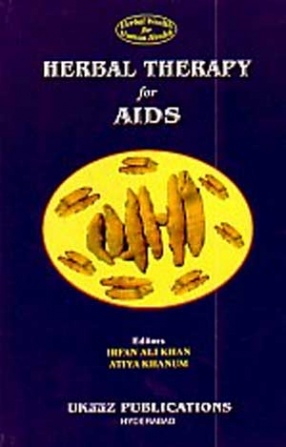
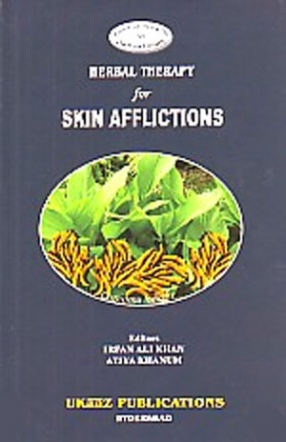
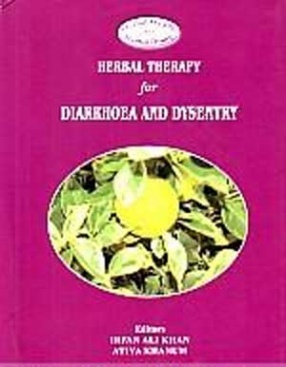
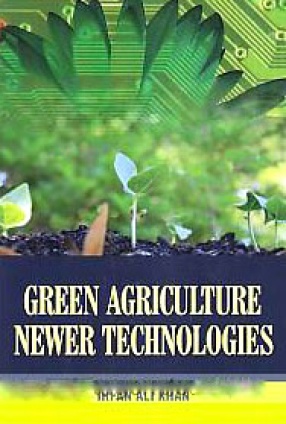
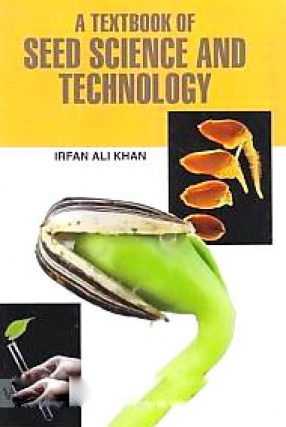
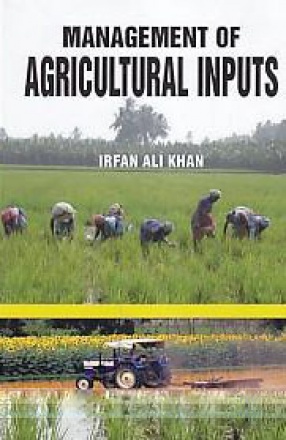
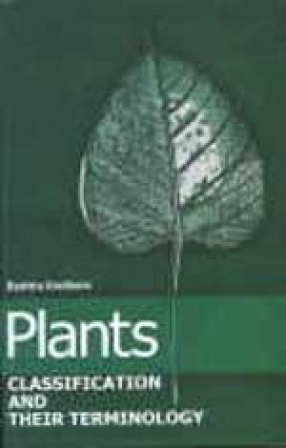
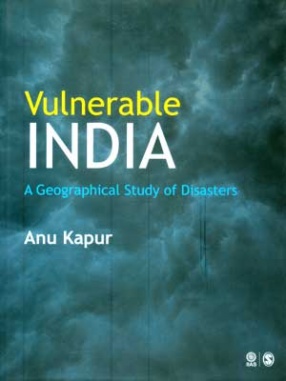
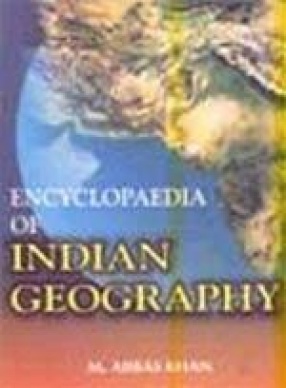
There are no reviews yet.